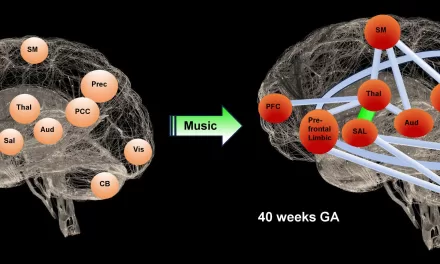March 12, 2024
Artificial intelligence (AI) holds immense promise across various fields, from image creation to autonomous vehicles. However, the energy consumption associated with training AI models poses significant challenges, particularly for large-scale applications like health monitoring. Addressing this concern, researchers from the Tokyo University of Science (TUS) have developed a groundbreaking solution—a flexible paper-based sensor inspired by the human brain.
Published online in the journal Advanced Electronic Materials on February 22, 2024, the study led by Associate Professor Takashi Ikuno introduces a novel sensor that operates independently, consumes low power, and exhibits remarkable flexibility and durability.
Mimicking the Human Brain
The human brain’s ability to process information in parallel through networks of neurons inspired the design of the paper-based sensor. Like synapses in the brain, the device processes optical input signals representing biological information.
Innovative Design
The sensor comprises a transparent film containing zinc oxide (ZnO) nanoparticles and cellulose nanofibers (CNFs), overlaid with gold electrodes. This design allows the device to handle optical input signals, ensures flexibility for comfortable attachment to the body, and facilitates easy disposal.
Efficient Processing
The transparent film’s unique composition enables rapid processing of optical input signals, with a response time on the order of subseconds. Moreover, the device exhibits post-potentiation facilitation, enhancing short-term memory processes and pattern recognition.
Proven Effectiveness
In experiments, the sensor accurately recognized handwritten digits converted into optical pulses, achieving an impressive accuracy of 88%. Even after being bent and stretched over 1,000 times, the device maintained its functionality, highlighting its ruggedness and suitability for repeated use.
A Leap Forward in Health Monitoring
Dr. Ikuno emphasizes the potential of the sensor for wearable health monitoring applications, offering a sustainable and efficient alternative to centralized data processing methods.
Future Implications
The development of this flexible paper-based sensor represents a significant step toward AI-powered health monitoring. Its ability to mimic the brain’s processing capabilities while maintaining low energy consumption and durability opens doors to transformative advancements in healthcare technology.
As researchers continue to innovate in the field of AI and sensor technology, the prospect of wearable devices revolutionizing healthcare grows ever closer.












